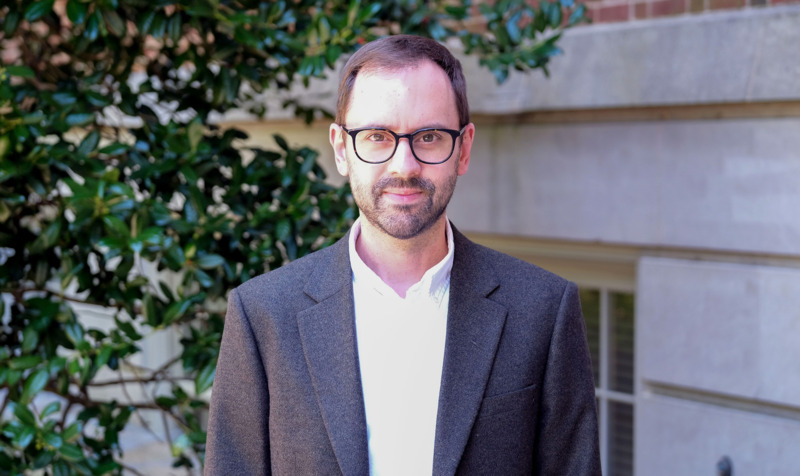Education
- Ph.D. – Vanderbilt University, Learning, Teaching, and Diversity, with emphasis in Language, Literacy, and Culture;
- M.A. – University of Georgia, English Education;
- B.A. – University of Georgia, English and Comparative Literature
Areas of Expertise
- Literacy
- Digital media and learning
- Digital equity
- Design-based research
- Affect theory
- Hospital schools
Background
A former high school teacher in Athens, Georgia, Christian has long been fascinated by how people develop and deepen human connections through experiences with literacy. Since his last year as a classroom teacher, he has spent over a decade documenting the emotional dimensions of how people read, write, and engage digitally to communicate, create and connect. During this time, Christian has worked alongside educators and youth workers in schools and communities to design learning experiences that support youths’ well-being. The contexts of this work have included children’s hospital schools, middle and high schools in the US and Canada, public libraries, and urban community centers. Christian’s work has been supported by a variety of private and governmental funders such as the National Council of Teachers of English, the Social Sciences and Humanities Research Council of Canada, and the Fonds de Recherche du Québec. He is co-editor of Reading Research Quarterly through 2026.
Research
Christian’s current research examines the emotional complexities of literacy and learning in children and youths’ increasingly digitized lives. His research takes a critical approach to technology’s role in enhancing community and in fracturing human connection, in deepening youths’ sense of self and in depleting youths’ well-being. Related projects in progress or recently completed have investigated: how adolescents learn to communicate and build community through affectively intense moments of esports play (competitive videogaming) in urban youth centers, and how adolescents develop critical, algorithmic literacy through everyday social media use.
His current research agenda follows three primary questions: 1) How do the ways in which children and youth read, learn and communicate with technology relate to their sense of human connection, community and well-being?; 2) How can researchers, educators and youth workers incorporate technology in designing learning opportunities for children and youth that increase their sense of human connection, community and well-being?; 3) How can researchers, educators and youth workers address educational inequities through emotionally resonant digital education that connects and improves well-being and educational outcomes for children and youth served by children’s hospital schools?
